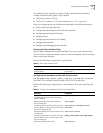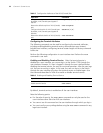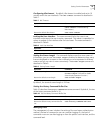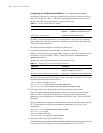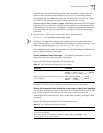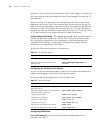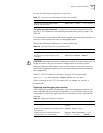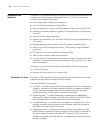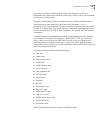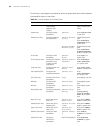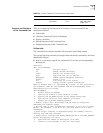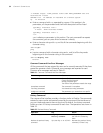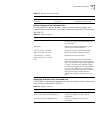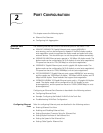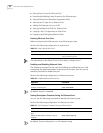
Command Line Interface 29
Login users are also classified into four levels that correspond to the four
command levels. After users of different levels log in, they can only use commands
at their own, or lower, levels.
To prevent unauthorized users from illegal intrusion, users are identified when
switching from a lower level to a higher level with the
super [ level ]
command. User ID authentication is performed when users at a lower level switch
to users at a higher level. Only when the correct password is entered three times,
can the user switch to the higher level. Otherwise, the original user level remains
unchanged.
Command views are implemented according to requirements that are related to
one another. For example, after logging in to the Switch 7750, you enter user
view, in which you can only use some basic functions, such as displaying the
operating state and statistics information. In user view, key in
system-view to
enter system view, in which you can key in different configuration commands and
enter the corresponding views.
The command line provides the following views:
■ User view
■ System view
■ Ethernet Port view
■ VLAN view
■ VLAN interface view
■ Local-user view
■ User interface view
■ FTP client view
■ Cluster view
■ PIM view
■ RIP view
■ Route policy view
■ Basic ACL view
■ Advanced ACL view
■ Layer-2 ACL view
■ RADIUS server group view
■ HWTACACS view
■ ISP domain view
Table 20 describes the function features of different views.



